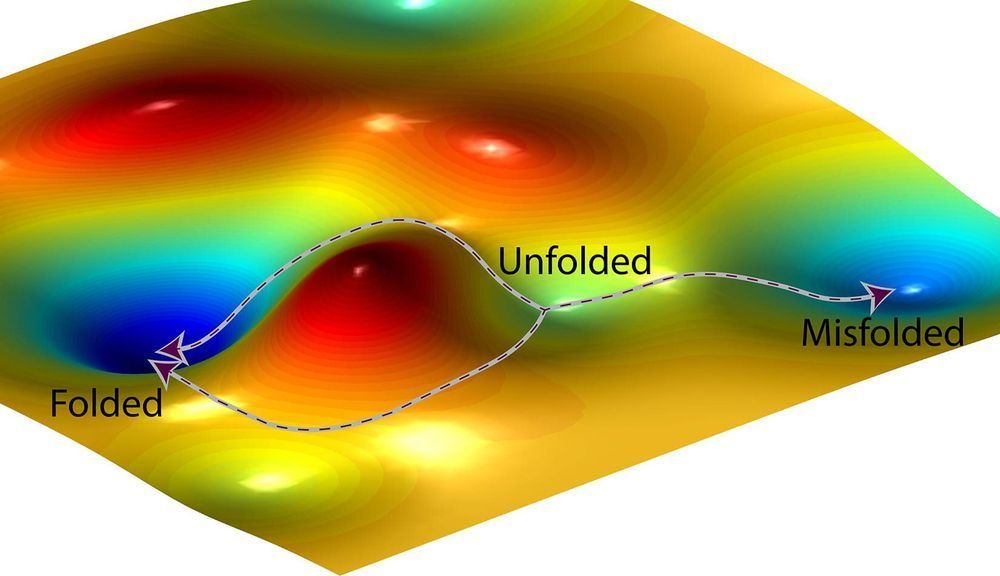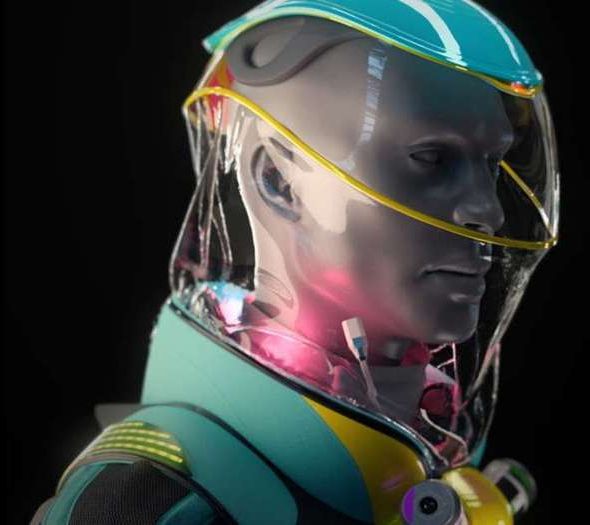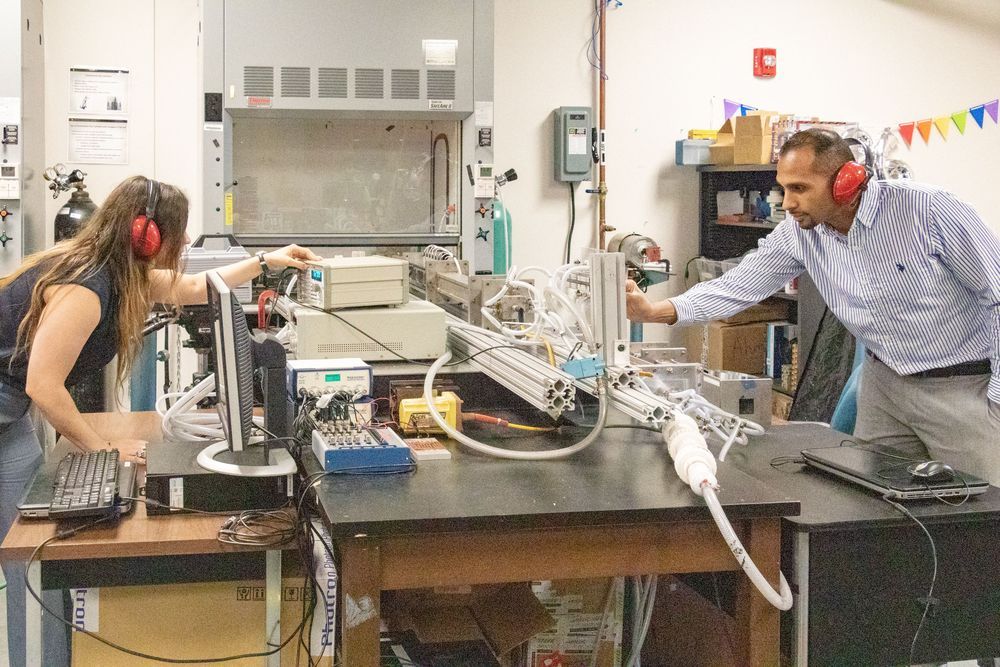Rudolph Heider who survived the Spanish Flu, the Great Depression, and World War Two has beaten Coronavirus on his 107th birthday.
A great-great-grandfather who lived through the Spanish Flu, Great Depression and World War II has now conquered coronavirus — just in time for his 107th birthday.
Rudolph ‘Rudi’ Heider battled the deadly virus for weeks while quarantined at a nursing home in Chesterfield, Missouri.
On Tuesday his family finally received the joyous news that he’d been cleared to come out of isolation after reaching the two-week mark without any symptoms.







